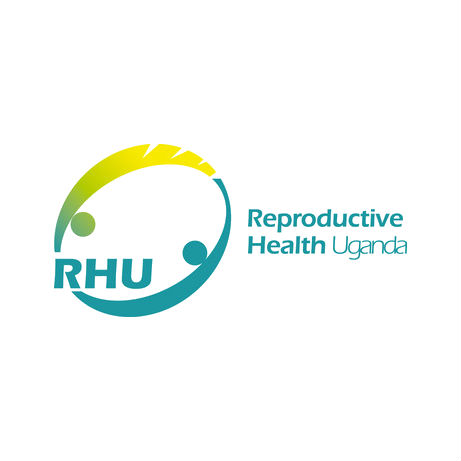

| 31 March 2016
Reproductive Health Uganda
Reproductive Health Uganda (RHU) is an indigenous, voluntary, not-for-profit organisation. The association has long-standing experience and expertise providing integrated comprehensive SRHR information and services which include sexuality education, family planning (FP), HIV prevention, care and treatment, breast and cervical cancer screening, sexually transmitted infections (STIs) management, immunisation, etc. RHU is proud to be associated with pioneering family planning in Uganda. For more than 60 years RHU has been involved in SRHR service provision and advocacy programmes that have defined the SRHR landscape in the country. Annually RHU provides more than seven (7) million life-saving, affordable, accessible and quality SRHR information and services to the most vulnerable and underserved communities including young people, refugees, and those in hard to reach areas totalling more than 1.2 million people. RHU implements several programmes in humanitarian settings in up to ten (10) refugee settlements. This is possible through the 19 RHU owned clinics with youth centres, located in the different regions of the country on top of having a franchise clinics totally 60. And a large service delivery network of about 25 outreach teams and over 6,000 community resource persons, conducting over 1,000 outreaches annually. Our Vision: A Uganda where everyone’s SRHR are fulfilled and protected without discrimination Our Mission: To champion, provide and enable universal access to rights based SRHR information and services to vulnerable and underserved communities especially young people Our Values: Voluntarism; Rights Based, Integrity, Choice and Result Oriented RHU is held in high repute among partners. RHIU has previously chaired of the Uganda Family Planning Consortium - a platform that brings together more than 15 major family planning partners. We are the current deputy chair of the Coalition to End Maternal Mortality Due to Unsafe Abortion, we sit on many working groups in the ministries of health, gender and education. We lead a number of platforms that bring together different SRHR partners implementing specific advocacy interventions.

| 31 March 2016
Palestinian Family Planning and Protection Association (PFPPA)
Established in Jerusalem in 1964, the Palestinian Family Planning and Protection Association (PFPPA) is locally registered as an independent, non-profit and non-governmental associations with its headquarter office being in Jerusalem. According to PFPPA’s 2016- 2022 Strategic plan, it aims to: Modify policies and decisions to respect Sexual Reproductive Health Rights (SRHR) and gender equity. Provide information for people to make well informed decision and choices regarding their SRHR. Deliver rights based, high quality integrated SRH services. Enhance the association is high performing, efficient, transparent and accountable. PFPPA has service delivery points, located in the West Bank Areas of Ramallah, Bethlehem, Hebron and Halhoul, in addition to one in the Gaza Strip. Furthermore, and in cooperation with local partners PFPPA is also responsible for 5 safe spaces to provide Gender Based Violence (GBV) related services in the Jerusalem area. PFPPA is known for the provision of comprehensive and diverse services, mainly related to: Sexual and reproductive health services (including that related to GBV), particularly for girls and women. Demand generation and mobile medical team activities reaching the most marginalized groups and areas. Raising awareness on SRH including comprehensive sexuality education (in and out of schools). Mobilizing activists and civil society actors to advocate for reforming laws that advance SRH and influence national policy. Conducting applied national studies related to unmet SRH needs. Training for young leaders, staff, service providers and community leaders from local governmental and non-governmental organizations. In the past two years alone, PFPPA has been able to reach nearly 190,000 clients with over 850,000 services, over 80% being poor and vulnerable and over 85% being female also noting the vast majority being served within a humanitarian context.







